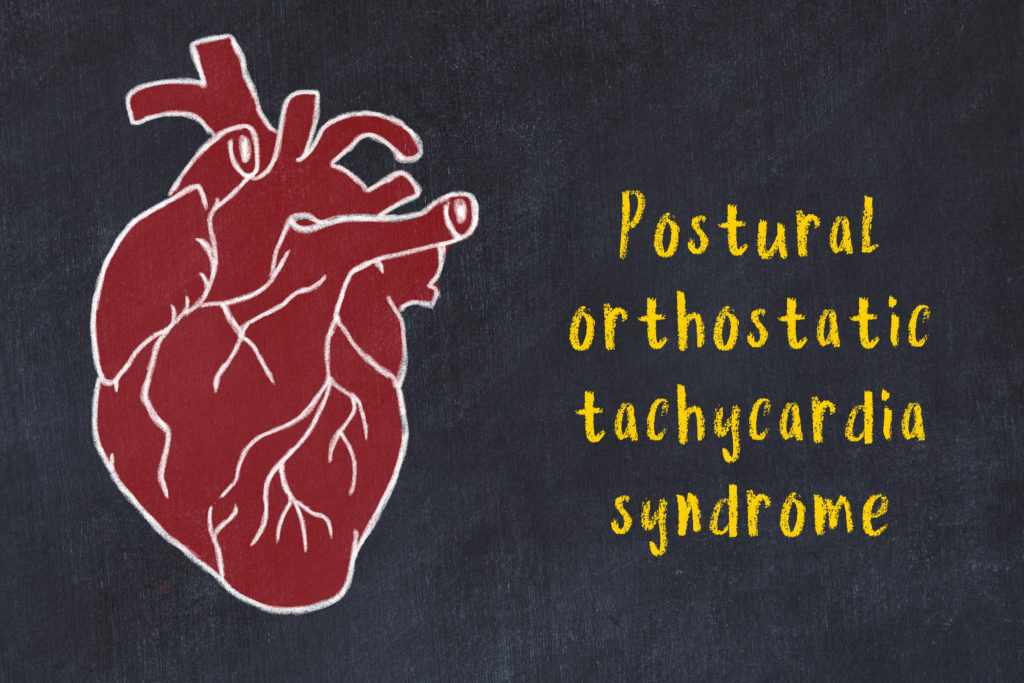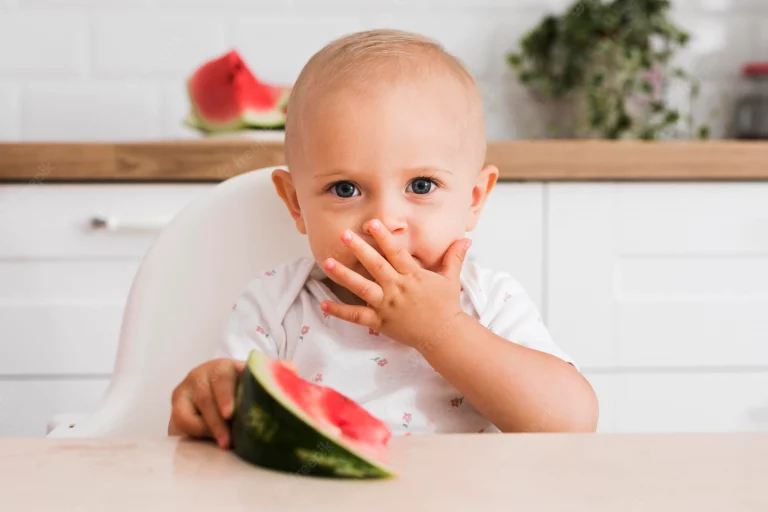Postural orthostatic tachycardia syndrome (POTS) is a type of “dysautonomia”, a disorder involving a person’s autonomic nervous system. Your autonomic nervous system is responsible for regulating the automatic functions of your body, actions that your body performs without you thinking of it. This includes breathing, heart rate, blood pressure, digestion, and several other vital functions of the human body. For POTS specifically, patients with this disorder have either difficulty or the inability to manage their heart rate and blood pressure automatically. This causes a delay in circulation of blood throughout the body as well as pooling of blood below the heart when standing. The cause of POTS is not entirely clear but does tend to begin after recent viral illness, surgery, or injury.
Because of this delay in blood circulation, patients with POTS tend to experience symptoms such as lightheadedness, fainting, and an increase in heart rate (tachycardia) with changes in position, especially when standing up from a reclining or sitting position. In addition to these symptoms, GI symptoms also tend to present in many patients with a history of POTS. According to the National Library of Medicine, over 70% of patients with a history of POTS reported nausea and/or vomiting. Other common symptoms include abdominal pain, bloating, and “early satiety”, the sensation of feeling full after eating only a small amount of food. Changes in gastric emptying (how quickly/slowly your stomach can empty food into your small intestine) have also been reported in patients with this condition.
Symptoms
The most common symptoms of POTS include: Lightheadedness
- Lightheadedness
- Syncope
- Tachycardia
- Chest Pain
- Excessive or lack of sweating
- Headaches
- Difficulty sleeping
- Nervousness/Anxiety
As for GI symptoms, nausea and vomiting are the most common symptoms but the following can also occur in patients with POTS
- Abdominal pain
- Bloating
- Early Satiety (“fullness”)
- Diarrhea or constipation
- Poor appetite/poor oral intake
- Weight loss
- Dehydration
Treatment
Treatment for POTS varies depending on the patient and the severity of his or her case. The primary recommendation for treating POTS is to increase fluid intake. If your child has a history of POTS, it is recommended that he/she drink at least 64-80 ounces of water every day to ensure they are properly hydrated. Children with POTS should also be encouraged to add salt in their diet, a method used to keep water in the bloodstream and thus improve circulation. It is also recommended that patients with a history of POTS avoid all substances that may increase urination, such as caffeine (coffee, soft drinks, energy drinks) or, in older patients, alcohol. Drinking these substances could lead to worsened symptoms associated with POTS or dehydration.
For more severe instances of POTS, patients may require hydration via IV fluids and laboratory assessment. If patients develop nausea or vomiting, common symptoms with this diagnosis, then medications can be prescribed to help manage these symptoms as well. GI For Kids is well suited to handle these cases, offering an affordable, up-to-date, multidisciplinary approach to managing this illness all at one, state of the art facility. If you feel your child may have this condition, call our office to schedule an appointment or consult your provider if you already receive care here at GI For Kids.
Written by: Paul Patterson, Clinical Research Coordinator
Youhanna Al-Tawil, MD
Mark Altawil, Case Western University Student






















